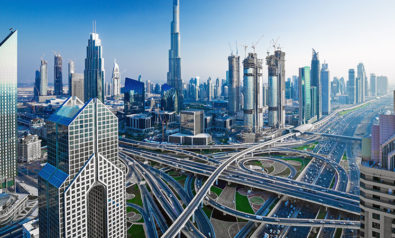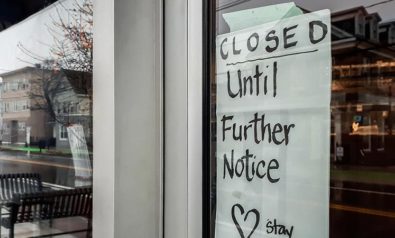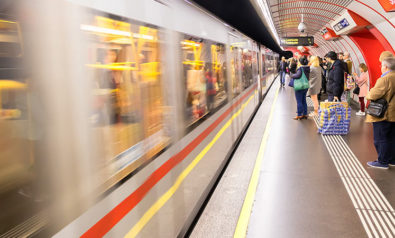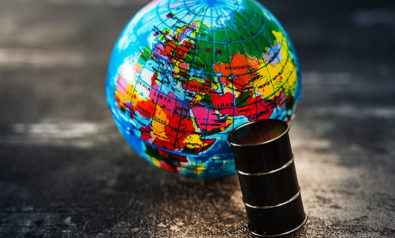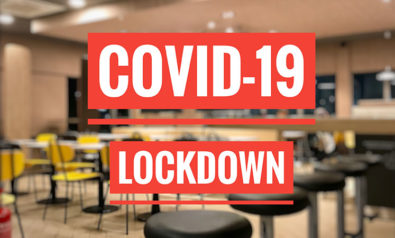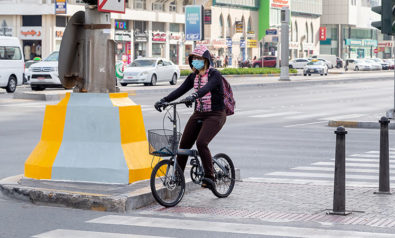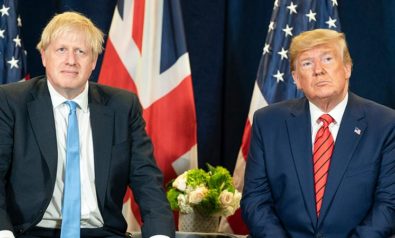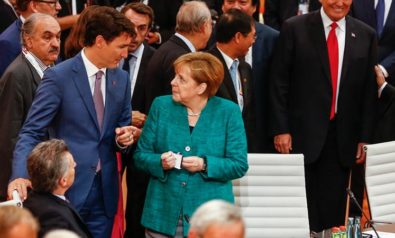While the extraordinary crash of the WTI price of crude into negative territory — the first in history — can be viewed as something of an anomaly, the 25% drop in the price of Brent to $20 a barrel as of April 27 is a stark statement about the vulnerability of the Saudi economy and of Crown Prince Mohammed bin Salman’s Vision 2030.
Let us briefly recall in broad brushstroke the bold outlines of Vision 2030 when it was released on April 25, 2016. It called for a radical restructuring of the Saudi economy and with it a social and cultural revolution — economic diversification with the banner headline of increasing the share of non-oil GDP from 16% to 50%; the empowerment of women into the private-sector workforce together with a call to increase the sector’s GDP contribution to 65%; the listing of private and government-owned companies, including Aramco, on the Saudi stock market, Tadawul; commitments to realize jobs for young Saudis through the creation of entertainment, hospitality and non-religious tourism industries; the provision of affordable housing for those same young Saudis struggling to get on the property ladder; and the ramping up of religious tourism.
Just one statistic should suffice to illustrate the scope of that particular ambition: By 2020, the plan was for the number of Muslims performing the umrah to nearly double to 15 million a year, and then to double again to 30 million by 2030. But the umrah this year has been indefinitely postponed, and COVID-19 in Mecca — where authorities are racing to try and contain the outbreak — could well force the cancellation of the hajj. No one, of course, could have anticipated a coronavirus pandemic. But it has been clear for two months or more that in a slowing global economy, the virus would impact in a significant way on the oil market.
The Glut of Oil
The Saudi response was to launch a price war with Russia in early March that was only partially resolved on 12 April with the intercession of US President Donald Trump. All the while the glut of oil has grown and grown — hence the ongoing collapse of prices. While lockdowns are being eased in some countries, the time when the world was consuming 100 million barrels a day are gone for now, with some analysts suggesting those days may be gone forever. Prior to COVID-19, most assumptions were that peak demand — the point at which the world’s appetite for oil begins its permanent decline — would hit around 2030. That scenario dovetailed rather nicely with Vision 2030. What if, however, peak demand has already arrived?
If such is the case, the breathing space that Mohammed bin Salman could reasonably have expected in order to achieve his revolution has evaporated literally overnight. A crown prince and a kingdom that had sought to move in double quick time to liberate itself from oil dependency through economic diversification now has no time whatsoever.
What then for those sectors that he has with great determination opened, sectors which for decades had been denied by religious authorities? The non-religious tourism industry that launched with great fanfare celebrating, for example, the extraordinary natural beauty and ancient sites of Al Ula, has been halted in its tracks. The opening of entertainment venues to men and women similarly stilled. And religious tourism, which has generated huge amounts of revenue for the government, has been forced to the sidelines by the coronavirus.
The millions of jobs that Vision 2030 promised for young Saudis in the private sector have for now at least simply gone away, and finding them has suddenly become an overwhelmingly difficult task. As David Roberts, a Gulf specialist at King’s College London, noted in a Chatham House webinar, “Saudi Arabia’s non-oil economy has gone into reverse for the first time in three decades.” Speaking at the same webinar, Kristian Coates Ulrichsen, an associate fellow with Chatham House’s MENA program, argued that the three sectors most in need of foreign investment — hospitality, (non-religious) tourism and entertainment — are the ones that will be hit hardest and, therefore, least likely in the near term to generate such investment.
The European Council on Foreign Relations’ Cinzia Bianco, in a tightly argued piece, notes that though Saudi Arabia may have won the oil price battle with Russia, it may well be on the road to losing the war. She adds: “Riyadh announced in March that it would reduce government expenditure by $13.2 billion, or nearly 5 percent of its budget for 2020. And it has prepared emergency plans to scale back expenditure by an additional 20 percent.”
Where to Cut?
With oil falling to $20 a barrel and no sign that it will get much better — indeed suggestions are that it could well slide even lower to as little as $5 to $10 — those emergency plans are very likely to come into play. That means deep spending cuts. The question is where will Mohammed bin Salman, having already saddled the kingdom with a war in Yemen that has consumed hundreds of billions of dollars, make those cuts?
The obvious choice would be to mothball the AI city of Neom, the Red Sea luxury tourism project, the entertainment city of Qiddiya — that is, all the giga-projects that the crown prince is so enamored of. But to do so would be a huge loss of face. Cuts could come in health and education, but the latter needs a huge boost to upgrade standards in order to meet the demands of Vision 2030. And cutting health spending while the kingdom is in the throes of the coronavirus crisis is unthinkable. Defense spending could be slashed. Unlikely, however, given that the Saudis see Iran as an existential threat, that must be matched or overmatched with the latest in high-tech military equipment.
The crown prince could always go back to the princes of the ruling house and to the big merchant families and squeeze them once more, as he did with the Ritz Carlton round-up of November 2017. The risk here is that with such a move his enemies only multiply.
In order to avoid the dreaded L — a flatline where the economy does not over time trend upward — Mohammed bin Salman will need to do more than use the country’s sovereign wealth fund to snap up bargain-basement deals as the world economy crashes. His problem is that with the collapse of oil and the economic derailment engendered by COVID-19, the cards he’s holding are beginning to look weak indeed.
*[This article was originally published by Arab Digest.]
The views expressed in this article are the author’s own and do not necessarily reflect Fair Observer’s editorial policy.
Support Fair Observer
We rely on your support for our independence, diversity and quality.
For more than 10 years, Fair Observer has been free, fair and independent. No billionaire owns us, no advertisers control us. We are a reader-supported nonprofit. Unlike many other publications, we keep our content free for readers regardless of where they live or whether they can afford to pay. We have no paywalls and no ads.
In the post-truth era of fake news, echo chambers and filter bubbles, we publish a plurality of perspectives from around the world. Anyone can publish with us, but everyone goes through a rigorous editorial process. So, you get fact-checked, well-reasoned content instead of noise.
We publish 2,500+ voices from 90+ countries. We also conduct education and training programs
on subjects ranging from digital media and journalism to writing and critical thinking. This
doesn’t come cheap. Servers, editors, trainers and web developers cost
money.
Please consider supporting us on a regular basis as a recurring donor or a
sustaining member.
Will you support FO’s journalism?
We rely on your support for our independence, diversity and quality.





